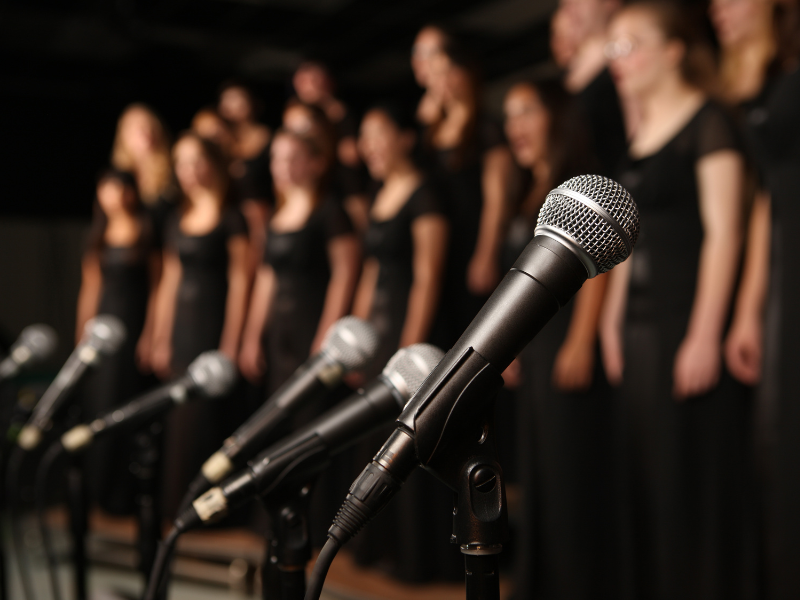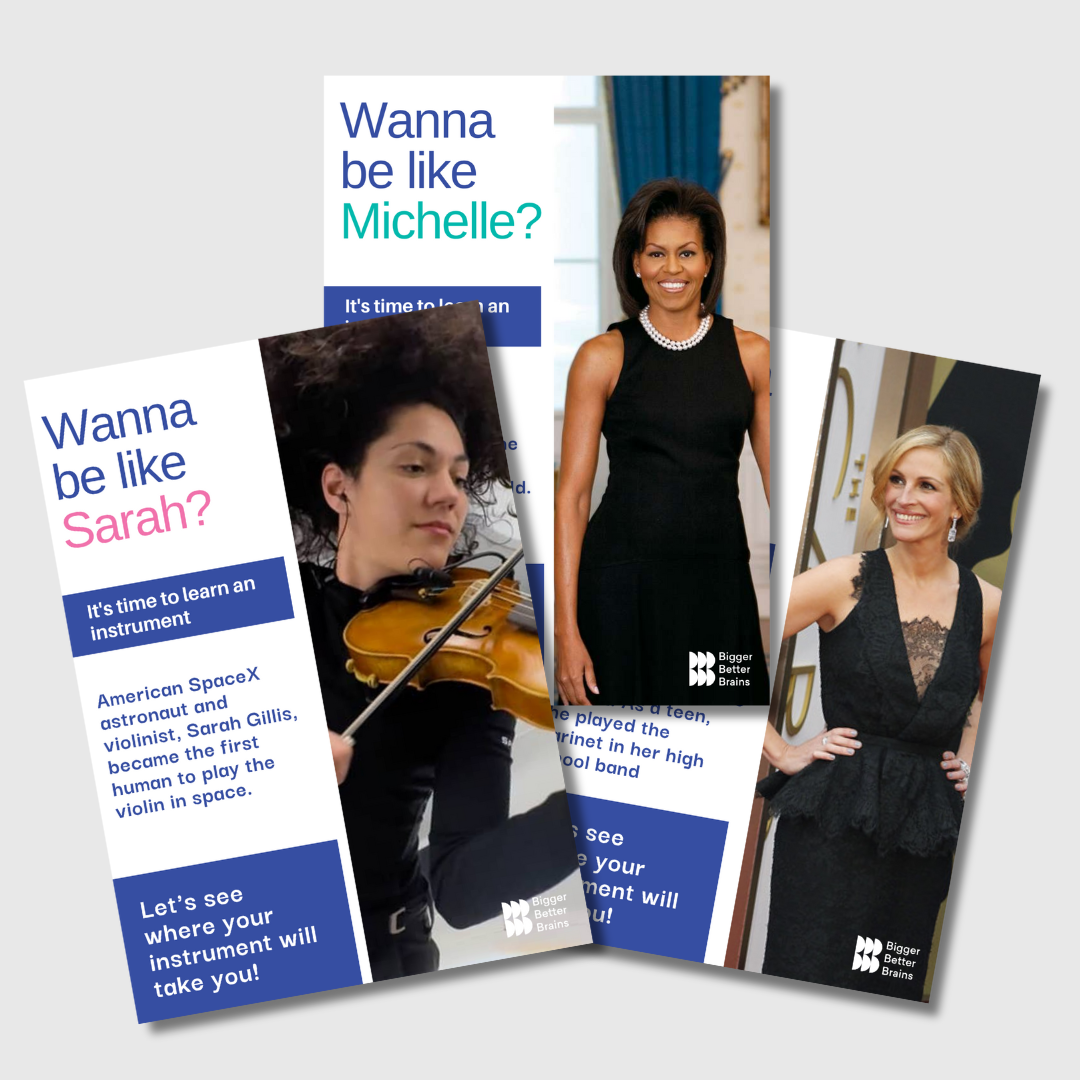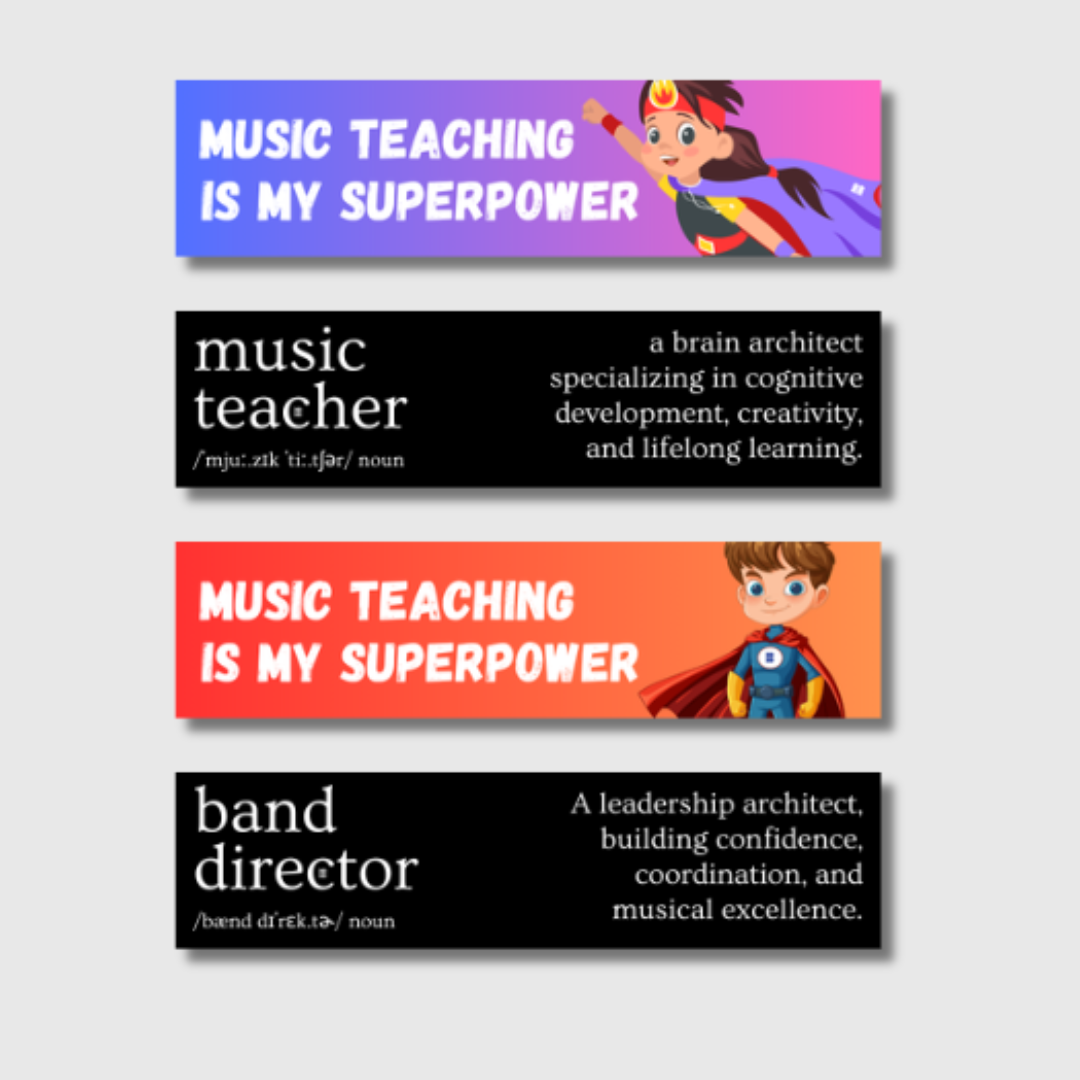
Research Updates

Here at Bigger Better Brains we believe that through educating yourself, you can then educate and affect positive change in your community.
With all of the research in the field of neuromusical science, our BBB Research section serves as a content hub for you. We regularly share findings and break down the latest research to educate and inspire discussion. We hope you enjoy this page on our website and share BBB news with your colleagues, parents and students.
Singing at work = better job performance
Imagine having a singing group at your work. Imagine starting the day with a song with your colleagues. What would your work culture feel like and how would you feel about going to work?
Why does music bring us pleasure?
This study shows for the first time a causal role of dopamine in musical pleasure and motivation: enjoying a piece of music, deriving pleasure from it, wanting to listen to it again, being willing to spend money for it, strongly depend on the dopamine released in our synapses.
Listening to music we prefer gets us more connected to ourselves
Why do we prefer different types of music? Why isn’t there just one type of music that everyone likes? The answer may be that we only get connected with our true selves, the part of our brain that is full of our thoughts, through music that we choose for ourselves.
How listening to music can have psychological benefits during lockdown
This article gives us an excellent summary of the ways that music listening can have physiological benefits, and it is a great reminder of the ways we can use music to improve our wellbeing.
Listening to music while exercising activates specific brain region
Have you been listening to music as you get your daily exercise in during COVID-19? Have you found yourself changing your music choices during this troubling time, maybe to lighten your mood or help you focus more on your exercise and less on these uncertain times?
Listening to self-selected happy music can provide mood-repair and a sense of connection
Researchers have wondered if “listening to comforting music, as a response to a social loss experience, provides a sense of empathic company as indicated by reduced loneliness and heightened empathy.”
Hospitals are prescribing music therapy for babies
“Research suggests music helps parents bond with babies who have had a harrowing start to life and may benefit the babies’ health and brain development.”
Singing – the [new] pain management for premature babies
“The primary musical features of infant-directed singing are ideal for emotional coordination and sharing between parent and infant without the risk of over-stimulation.”
Can singing in a choir benefit you or your community?
Group singing scientifically strengthens a community! “You hear people say all the time, ‘Oh, I can’t sing’ or ‘I’m not good enough to sing,’ and I really think that’s a shame. It goes against our evolutionary history.”
People who move together like each other more
This could be why music festivals seem to be going from strength to strength, we are just finding ways to like each other more.
Get your dopamine flowing with music!
Most people enjoy listening to music, but some people do not. For some, music just does not do much; either emotionally or cognitively. Studies around how people experience music can help us understand the mechanisms behind the enjoyment of music.
Music trains the brain to “hear”
This study looked at children using cochlear implants between the age of 6-9 years due to prelingual sensorineural hearing loss.









![Singing – the [new] pain management for premature babies](https://images.squarespace-cdn.com/content/v1/64c31ad8c54df33979a8ebe4/c3eca797-6d6a-4d52-a6a8-3087eab8c824/Mum+and+baby.png)











